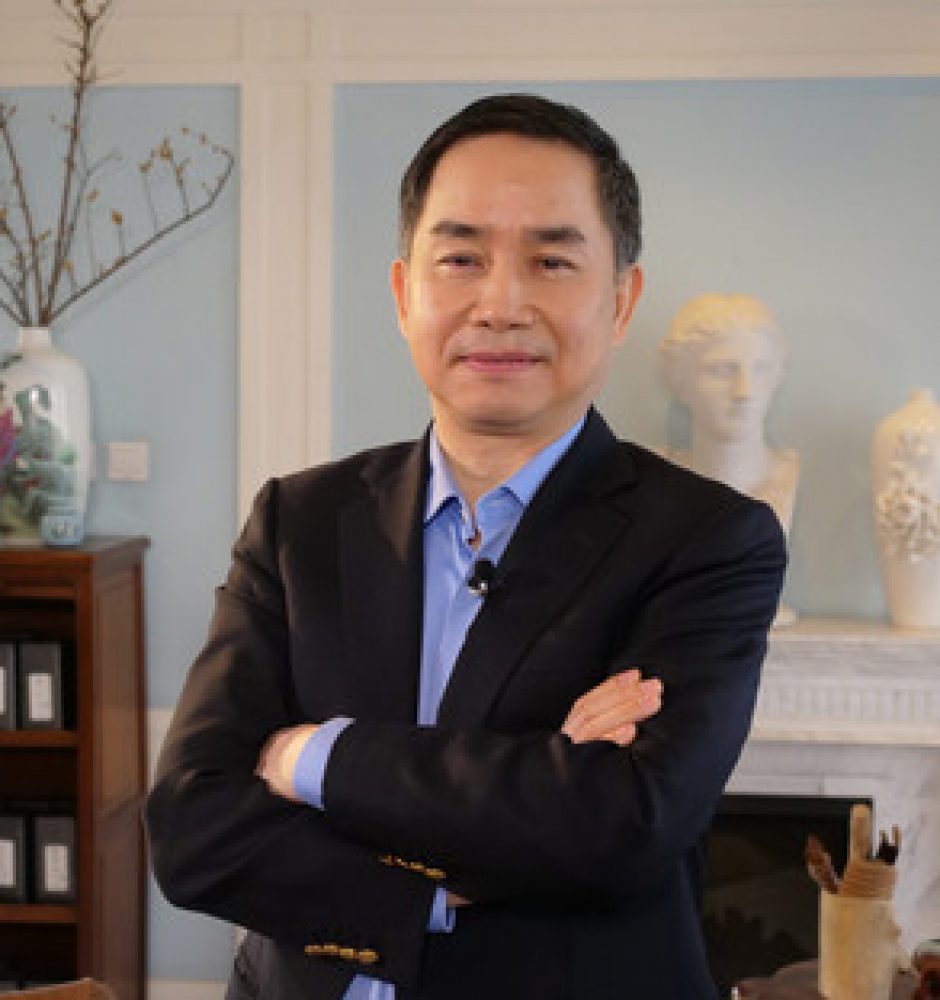Chen Zhiwu, a professor of finance at the University of Hong Kong, says amid China’s drastically changed political environment, the pressure is “really high, if not higher” for Hui to keep paying down corporate liabilities with his own money.

3910 3079 / 3917 1271
KK 1338
陈志武:《文明的逻辑》这本书其实是用量化历史研究的方法,为读者们回答了一个根本性的问题:人类做了哪些事,或者说做对了哪些事,使我们应对风险的能力不断提高,进而使文明持续战胜野蛮。
ZHIWU CHEN, PROFESSOR OF FINANCE, UNIVERSITY OF HONG KONG - "One significant change is to de-emphasise economic development and economic reform. From the 14th to the 19th Party Congress, economic development was, each time, explicitly stated as the central mission for the Party, whereas this time there is no such mention; instead, the emphasis is on 'complete' and 'all-rounded' development. That is, it is not just economic development but also political, social, environmental, and cultural development that the Party will devote efforts to."
“The 60 reforms would have largely expanded the role of consumption and private initiatives,” says Chen Zhiwu, a professor in Chinese finance and economy at the University of Hong Kong. “However, the market-oriented reform agenda has been largely sidelined . . . resulting in a larger role for the state and a shrunken role for the private sector.”
Chen Zhiwu, a professor of finance at the University of Hong Kong, says Chinese leaders understand military conflicts may be “hard to avoid” if Beijing wants to unify Taiwan with the mainland. “The comprehensive economic sanctions against Russia after its invasion of Ukraine have only added urgency to [China] achieving self-sufficiency in technology, finance, food and energy,” Chen adds. “Self-sufficiency as a phrase has regained currency in the party’s publications.”
“Banks are caught in the middle,” , “If they don’t help the developers finish the projects, they would end up losing much more. If they do, that of course would make the government happy, but they add more to their exposure to delayed real estate projects.” — Professor Zhiwu Chen, Chair Professor of Finance
“After the failed Blackstone transaction, they clearly knew that more things would come. It was only a matter of time.” — Professor Zhiwu Chen, Chair Professor of Finance
港大经管学院金融学讲座教授及郑裕彤基金教授(金融学)陈志武教授接受凤凰秀专访。今年3月,陈教授出版新书《文明的逻辑》中,他提出,通常「生产力」被用作评判人类进步的标准,但他提出,用「人类风险应对能力」这一个指标,分析人类文明的发展。未来的世界可能面临哪些风险?全球通胀、俄鸟冲突、能源危机……乱局之下,今年下半年或明年,会有一场「风暴」来袭吗?
Over the past millennium, China has relied on the Confucian clan to achieve interpersonal cooperation, focusing on kinship and neglecting the development of impersonal institutions needed for external finance. In this paper, we test the hypothesis that the Confucian clan and financial markets are competing substitutes. Using the large cross-regional variation in the adoption of modern banks, we find that regions with historically stronger Confucian clans established significantly fewer modern banks in the four decades following the founding of China's first modern bank in 1897. Our evidence also shows that the clan continues to limit China's financial development today.





